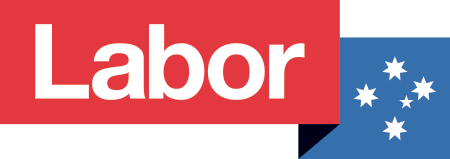Alison Byrnes MP
Member for Cunningham
SPEAKER: I call the member for Cunningham.
Ms BYRNES: My question is to the Minister for Health and Aged Care. How is the
Albanese Labor government easing the cost of living by delivering cheaper medicines to millions of Australians?
MINISTER BUTLER: I thank the member for Cunningham for her question and for her really deep understanding of the importance of those great Labor legacies, Medicare and the PBS, in the health of her community, the community she has the honour of representing, in this place, right now. That's why Labor promised at the last election to strengthen Medicare and to cut the cost of medicines, and we are delivering on that promise. Later today, I expect that the House will pass our legislation to deliver the biggest cut to the cost of medicines in the 75-year history of the PBS. From 1 January, millions of Australian patients will see the cost of their medicines cut from $42.50 to just $30. A patient filling two scripts
every month will save $300 each and every year.
That's not just great for household budgets, it's also fantastic for the health of the nation. We know from the ABS that as many as 900,000 Australians, each and every year, go without a script that their doctor has said is important for their health, because they can't afford it.
Today, the member for Dobell, the first female pharmacist elected to this parliament ever, spoke about her
experience working as a pharmacist, with families coming in to her pharmacy asking for her advice about which scripts they could go without because they couldn't afford to fill them all. The member for Robertson, an emergency physician working on the Central Coast, talked of his experience of patients presenting to EDs because they couldn't afford to fill their medicine scripts.
Australians know how important this bill is not just for their household budgets but also for their health. Cherie from Bribie Island wrote to me and talked about her experience of buying medicines but still having difficulty finding the money to buy groceries and to pay her rent. She said she didn't want to have to choose between those essentials in life. She said, 'I know this will make a big difference to me and my friends.' Grace, a 20-year-old with type I diabetes, wrote to me and said, 'I'm so thankful that insulin will be cheaper for me now that I've moved out
of home.'
As well as this bill, as early as Saturday 1 October the cost of more than 2,000 brands of medicine will also come down, delivering another $130 million into the hip pockets of Australian patients. That is delivering on our commitments to strengthen Medicare and to cut the cost of medicines.
ENDS



